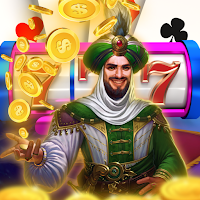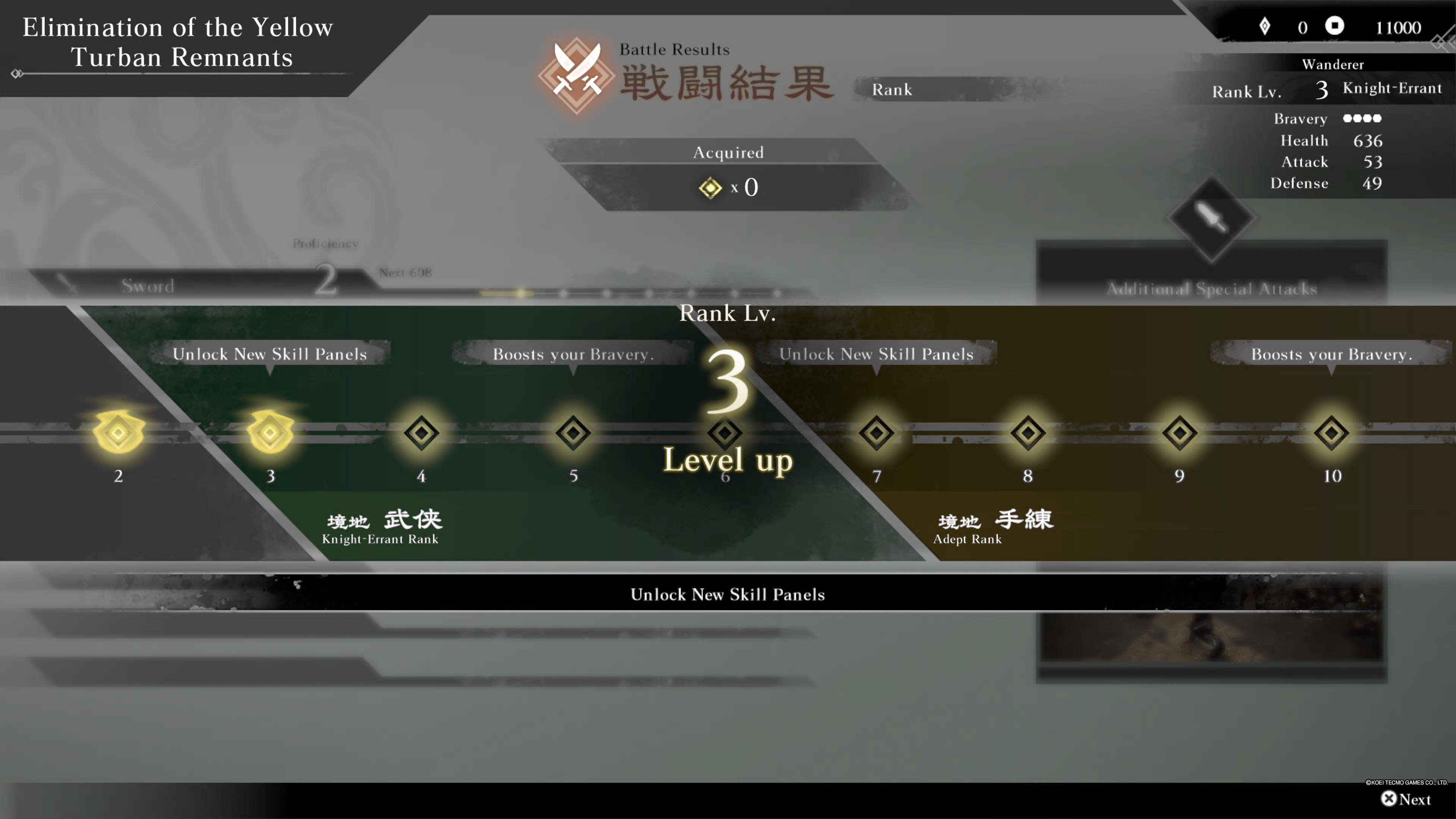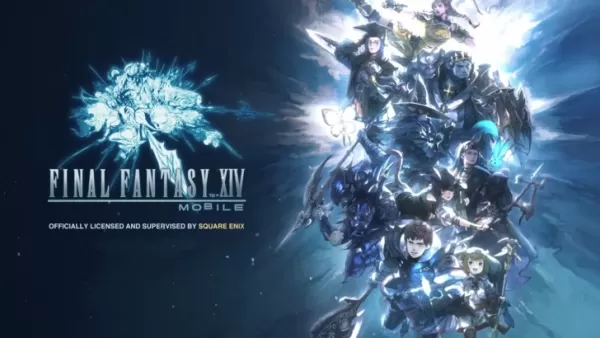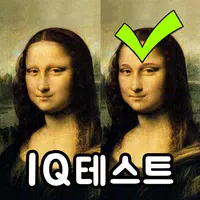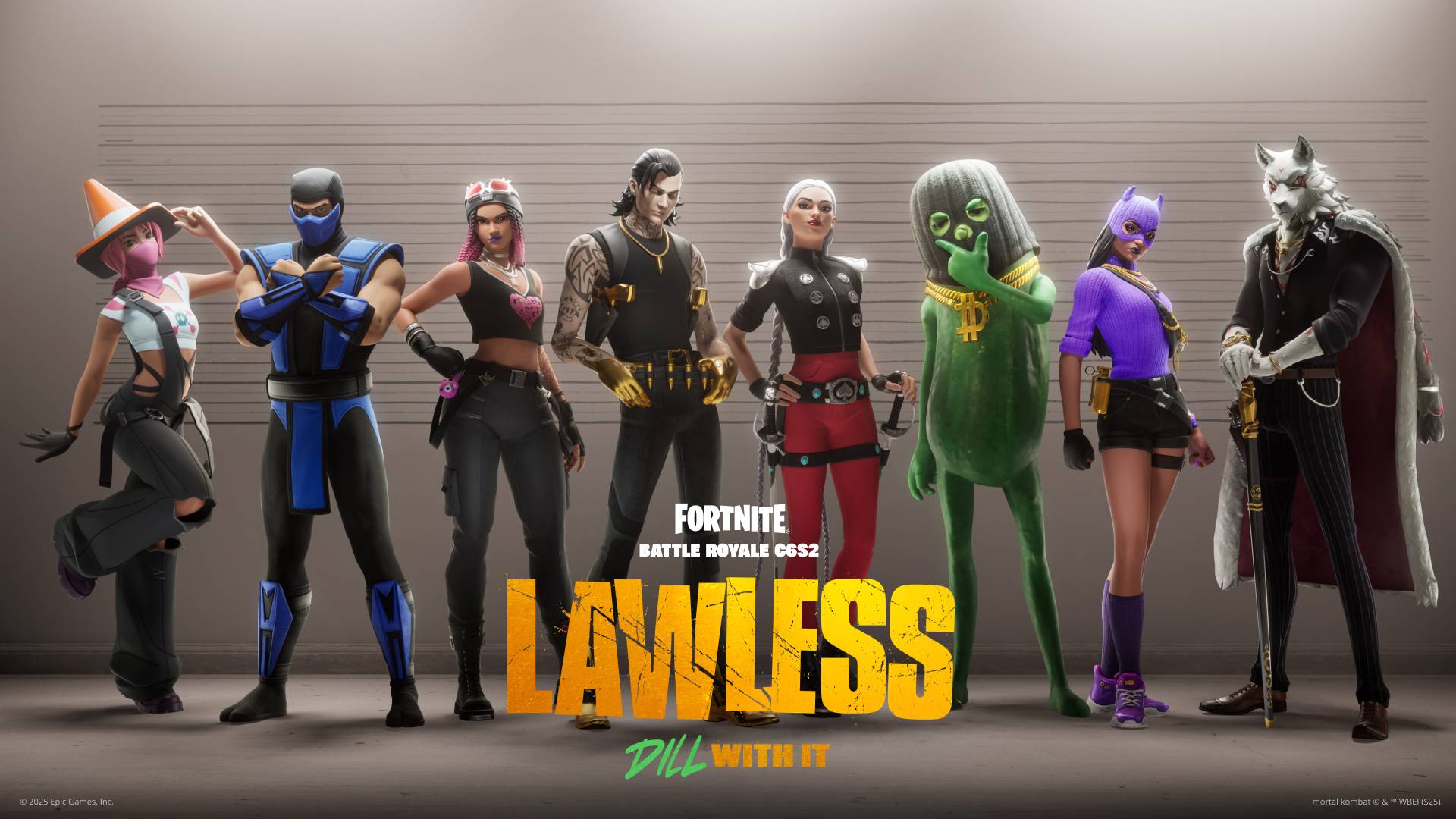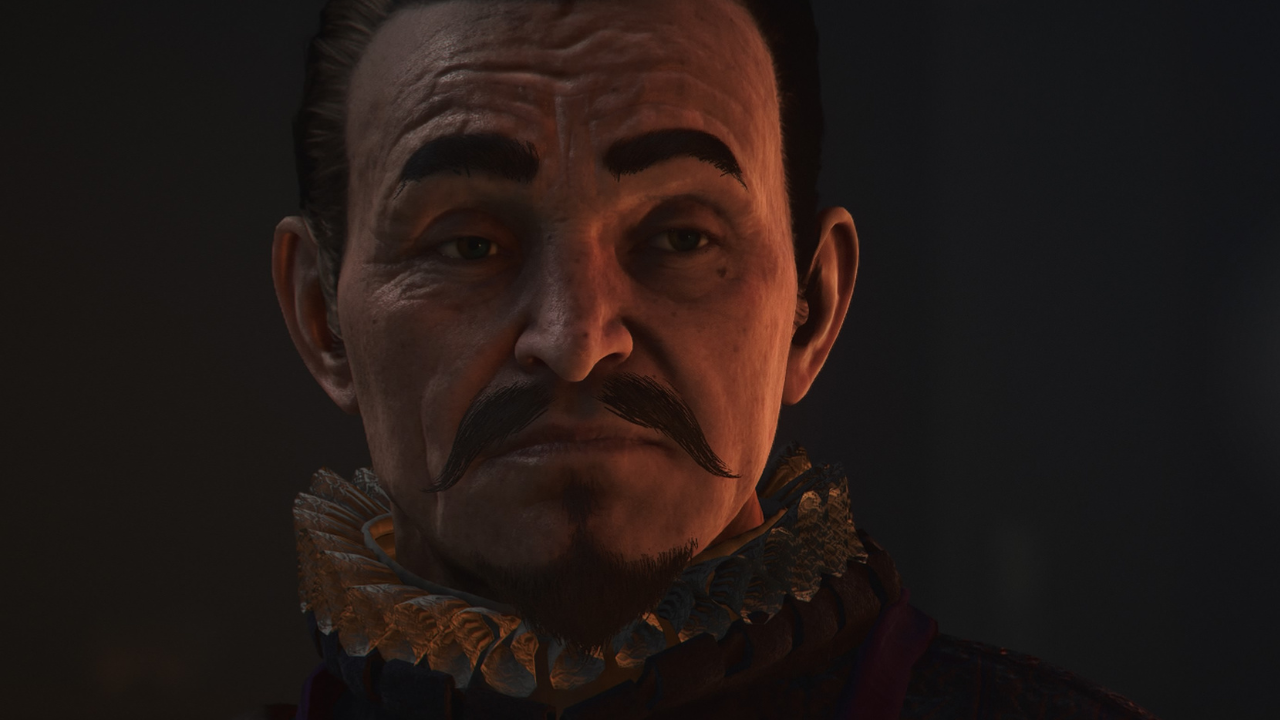Civ 7 Redefines What it Means to Be a Leader
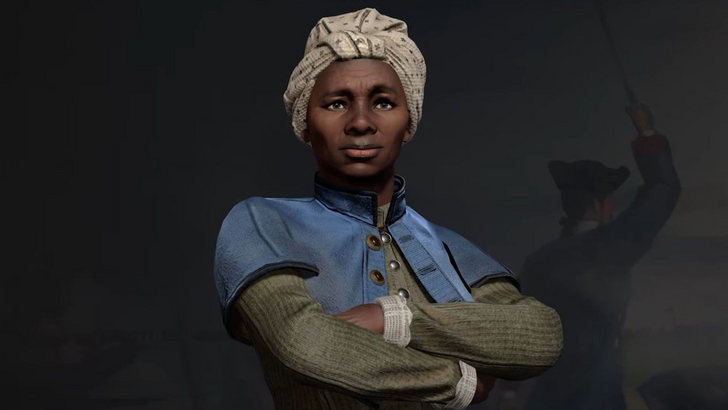
Civilization leaders are as iconic as the civilizations themselves. Firaxis' approach to selecting national representatives has evolved significantly over the years. Let's explore Civilization VII's roster and how it redefines leadership.
← Return to Sid Meier's Civilization VII main article
Civ VII Redefines What it Means to Be a Leader
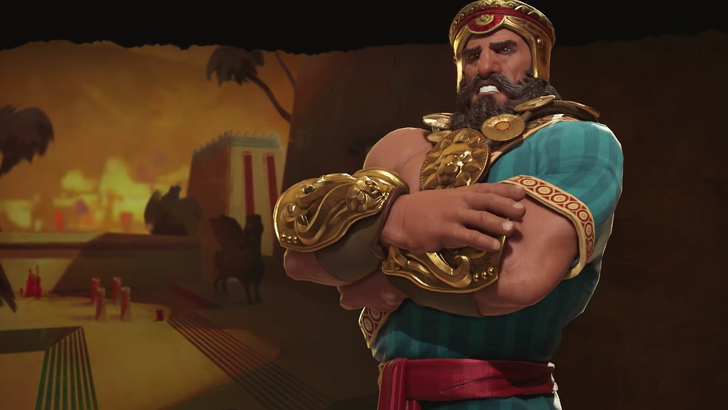
Civilization leaders have always been central to the series' identity, shaping gameplay since the first game. Each leader embodies their civilization, becoming as important as the civilization itself. While their role remains constant, the diversity and representation of leaders have grown with each installment, refining the concept of leadership and its impact on gameplay.
This exploration delves into Civilization's history, examining the evolution of its leader roster, the changes in each iteration, and how Civilization VII uniquely redefines leadership.
Early Civilization: A Club of Superpowers
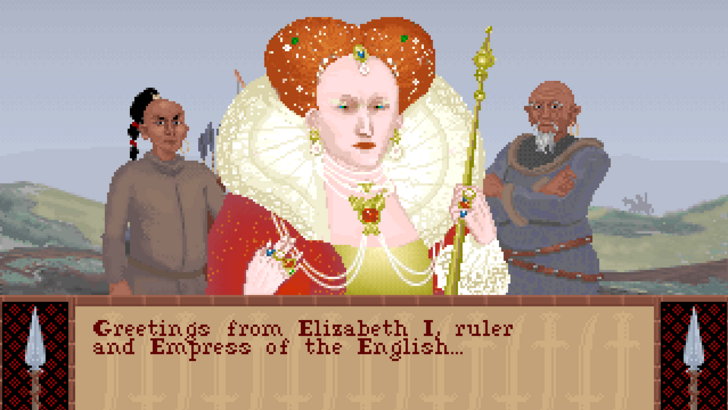
The original Civilization featured a relatively simple roster compared to later games. Most were established global superpowers from history and antiquity, with predictable leaders—a few exceptions aside.
With limited design scope and technical capabilities, the game included 15 civilizations, such as America, Rome, Greece, Japan, China, France, Egypt, and Russia. Leadership was literal; each leader was a historical head of state. The selection prioritized widely recognized figures.
This resulted in leaders like Abraham Lincoln, Tokugawa Ieyasu, Mahatma Gandhi, and Julius Caesar, alongside more controversial choices like Mao Zedong and Joseph Stalin. Elizabeth I was the sole female leader. This straightforward approach, while understandable for its time, paved the way for future innovations.
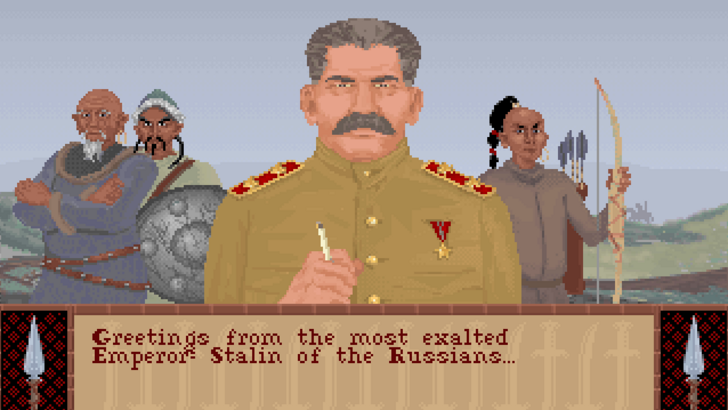
Civilization II Through V: Increasing Diversity and Creativity
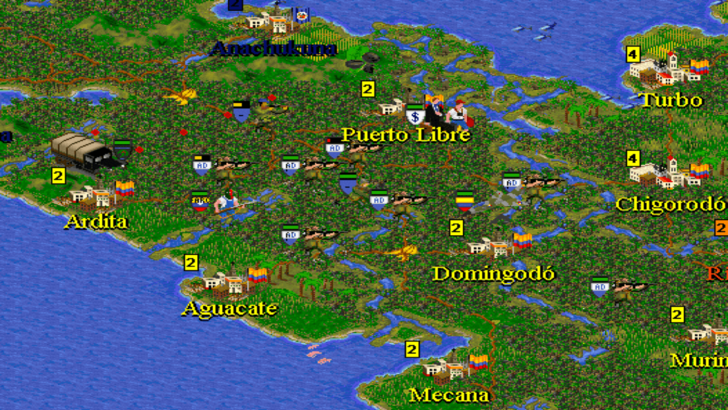
Civilization II expanded the leader roster and included civilizations beyond major superpowers, such as the Sioux. Significantly, it introduced a separate roster of female leaders, providing both male and female options for each civilization.
The definition of "leader" broadened to include influential figures beyond heads of state. Sacagawea for the Sioux and Amaterasu for Japan exemplify this shift.
Civilization III, while removing the separate female roster, integrated more female leaders directly into the main game (six in total). Some replaced historically dominant male counterparts, such as Joan of Arc replacing Napoleon for France.
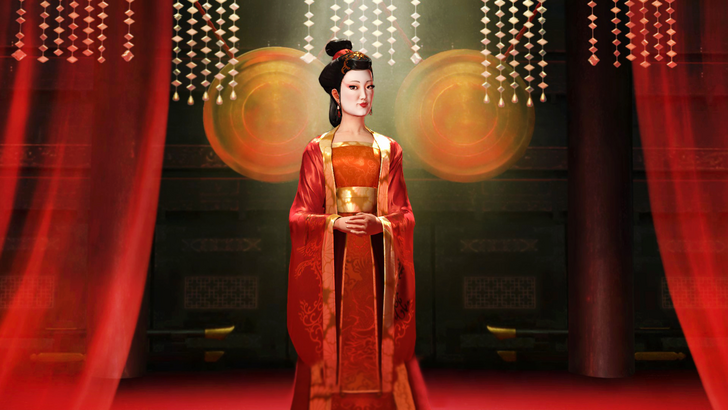
Civilization IV and V further expanded the roster and the definition of leadership. Revolutionaries, generals, reformists, and even consorts became common. Traditional leaders were replaced or supplemented. Examples include Wu Zetian replacing Mao Zedong for China and both Victoria I and Elizabeth I representing England.
The focus shifted from solely representing powerful figures to encompassing a broader representation of humanity.
Civilization VI: A More Diverse and Creative Roster
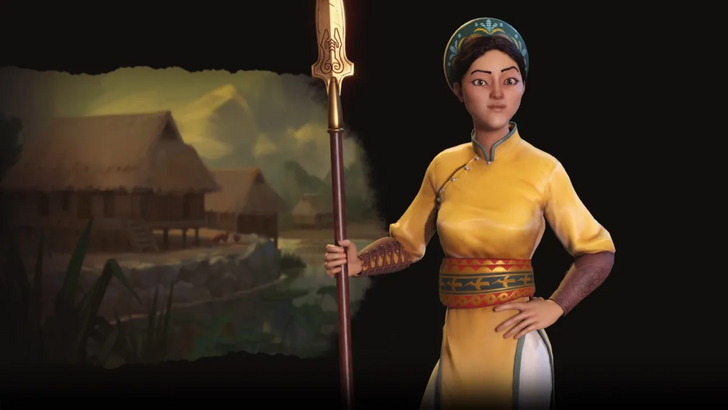
Civilization VI saw a flourishing of characterization, diversity, and creativity, presenting leaders as stylized animated caricatures. Leader Personas—alternative versions emphasizing different aspects of a leader's personality—offered varied playstyles. Lesser-known figures from less prominent civilizations were included.
Lautaro of the Mapuche, a symbol of resistance against Spanish conquest, and Bà Triệu, a Vietnamese warrior, exemplify this inclusivity. Queen Gorgo of Sparta contrasted with Pericles' diplomatic approach to Greece.
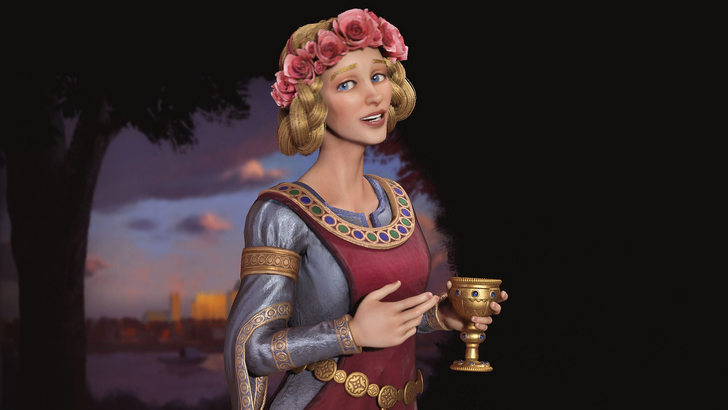
Leaders were no longer defined solely by their entire legacies but by specific chapters of their lives, foreshadowing Civ VII's approach. Eleanor of Aquitaine and Kublai Khan could lead multiple civilizations. Multiple leader options were introduced for civilizations like America and China.
Leader Personas added further diversity. Catherine de Medici, Theodore Roosevelt, Harald Hardrada, Suleiman, and Victoria each received alternate personas with distinct playstyles.
Civilization VII: Fresh Faces and Unique Leaders
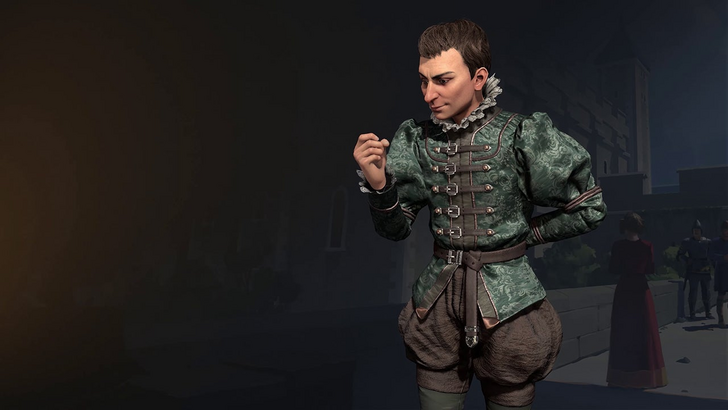
Civilization VII represents the pinnacle of Firaxis' leader selection philosophy. It features the most diverse roster yet, with unconventional leaders, multiple personas, and carefully curated choices tailored to different playstyles.
This was achieved through a mix-and-match approach to civilizations and leaders. Even lesser-known figures take center stage. Harriet Tubman, the American abolitionist, is a prime example, filling the spymaster role.

Niccolò Machiavelli, despite not being a head of state, embodies self-serving diplomacy. José Rizal of the Philippines, focuses on diplomacy and narrative events.
Over nearly 30 years, Civilization has evolved from a game about superpowers to a diverse collection of influential figures, telling the story of humanity. The definition of leadership has changed, but its significance remains.
← Return to Sid Meier's Civilization VII main article
Sid Meier's Civilization VII Similar Games



